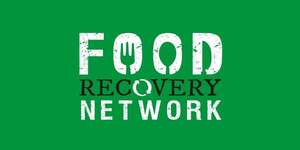Food and Dining

Collins College Culinary Garden
Providing "Farm to Fork" Educational Experiences
Chefs on faculty work directly with agriculture students to plan each crop of the one-acre culinary garden. The garden provides students with Farm-to-Fork lessons in seasonal menu planning and preparation.
Learn MoreSustainable Food and Dining

Food Recovery
Last year, students organized a campus chapter of the Food Recovery Network to engage students to work together to lower emissions and encourage surplus food donations. In an effort to track food recovery at the campus, we have provided the form below to track the redistribution of surplus food to those in need.
Poly Pantry
The Poly Pantry was established in 2019 to serve students impacted by food insecurity. By providing access to food and basic necessities and referrals to campus and community-based resources, the Poly Pantry hopes to maximize student success. Visit the Poly Pantry Website for information on available resources.

Fair Trade
Fair Trade ensures consumers that the products they purchase were grown, harvested, crafted and traded in ways that improve lives and protect the environment. We are the largest consumer nation in the world. Imagine our impact when we shop more consciously.

Eliminating Disposable Plastic Items
By 2023, the California State University's 23 campuses will be eliminating the use and sale of all single-use plastics including plastic straws, water bottles and bags. CSU Says Goodbye to Single-Use Plastics

Farm to Fork to Fuel
Cal Poly Pomona is the first university in the CSU system to adopt the use of a renewable-diesel formula that dramatically lowers the amount of greenhouse gases given off by campus vehicles and equipment by 80 percent.
Food Waste Composting
All food — fruit, vegetables, bread, meat, bones and dairy — can be composted. Kitchen scraps from food preparation, uneaten food and leftover food from diners are placed into biodegradable trash bags and separate outdoor bins. The composting program has cut down from the actual waste, which will take up less area in the landfill.